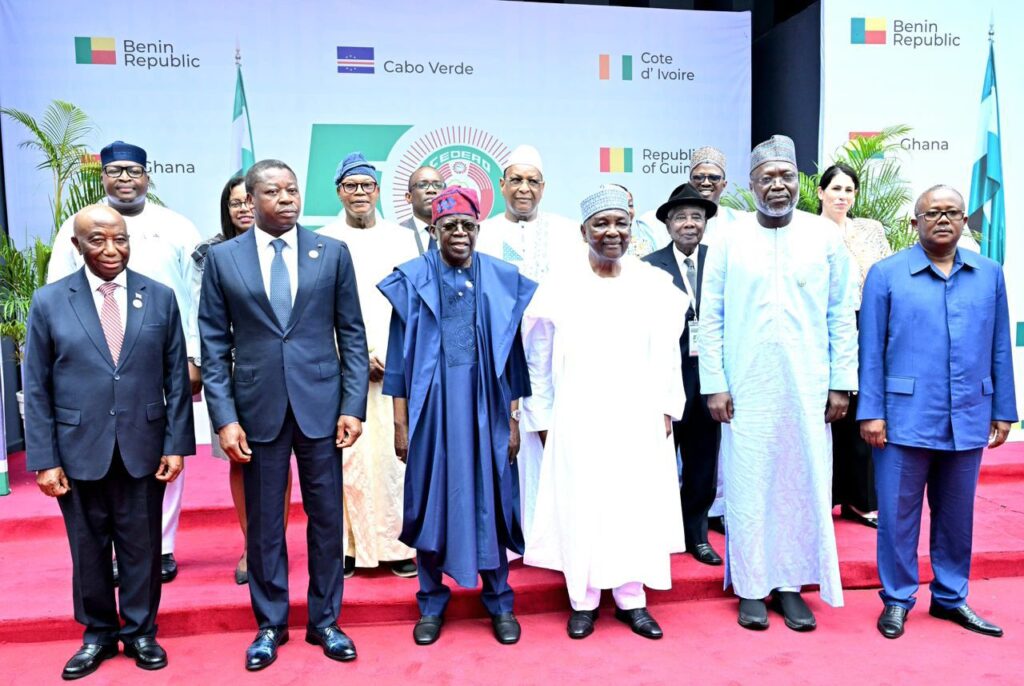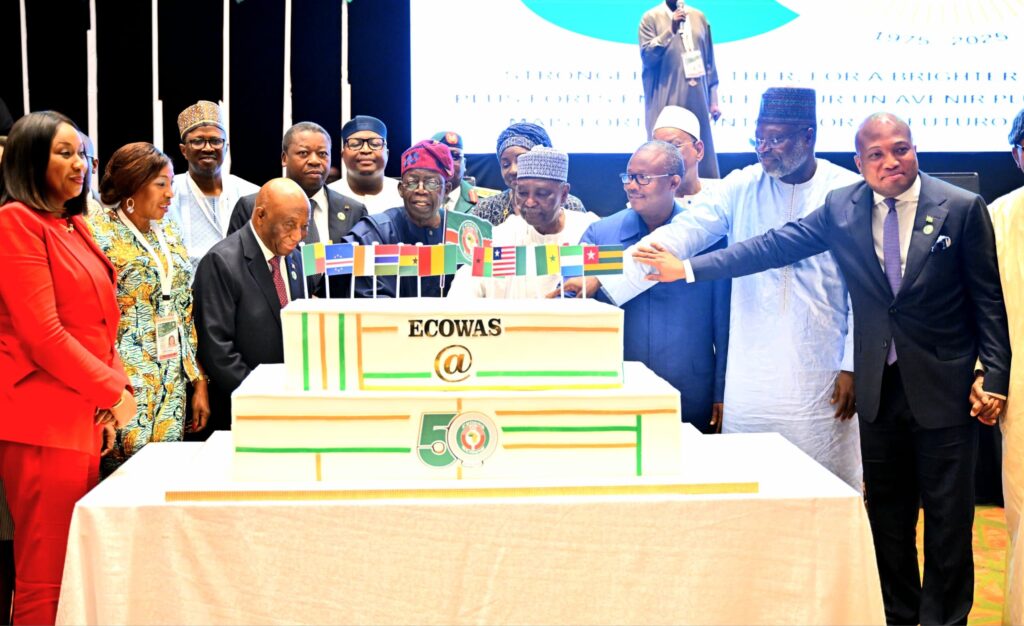TEXEM programme sparked strategic leadership for digital age- Abubakre
In the vibrant heart of Abu Dhabi, under the soft glow of a May morning, an extraordinary gathering unfolded. Senior executives from across Nigeria and beyond convened for TEXEM UK’s transformational executive development programme—Digital Innovation: Stimulating a Culture of Intrapreneurship in a Digital Age.
Over the course of four meticulously designed days, what began as a cohort of high-potential leaders evolved into a community of purpose-driven changemakers, fuelled by shared insights, strategic rigour and an unwavering commitment to excellence.

From the outset, the tone was set with an air of curiosity and vision. Dr Alim Abubakre, Founder of TEXEM UK, welcomed participants with a powerful call to action: “In times of disruption, curiosity becomes our most strategic asset. Leadership today demands that we ask better questions and build better futures.” His words echoed throughout the week, grounding each moment in a greater mission—to lead not by authority, but by influence, innovation, and integrity.
The opening day immersed participants in the rich cultural and historical context of the UAE. A visit to a heritage destination became more than sightseeing—it transformed into a masterclass on leadership through perspective.
Delegates were reminded that understanding history and culture is essential to navigating the complexities of contemporary governance and global leadership. The afternoon brought a dynamic exploration of digital excellence in practice, providing participants with front-row access to real-world examples of how organisations are harnessing innovation to redefine customer experience and operational efficiency. By evening, conversations around the dinner table were no longer introductions—they were beginnings of collaboration.
Tuesday was a turning point. Framed around the theme of strategic leadership in a digitally disruptive era, it confronted the reality that the future does not belong to the biggest, but to the boldest. In a fast-changing world defined by volatility, uncertainty, complexity, and ambiguity, participants dissected what it truly means to lead with vision.
Practical sessions guided executives through the art of aligning culture with strategy, embedding innovation into daily practice, and creating ecosystems where intrapreneurial ideas could flourish without fear of failure. The fireside chat chaired by Abubakre was especially profound—executives shared authentic challenges and discovered the immense value of peer-driven insight.
The day ended not in closure, but in reflection, with an interactive knowledge quiz that doubled as a celebration of learning and camaraderie.
Wednesday deepened the journey by linking governance with innovation. As discussions unfolded, it became clear that digital transformation must be governed by integrity and transparency to have enduring impact.
In a session led by Abubakre on strategic perspectives on organisational culture, participants applied rigorous frameworks to assess the visible and invisible elements shaping behaviour within their institutions.
They uncovered blind spots, challenged assumptions, and began to design cultures that reward trust, accountability, and experimentation. The evening’s visit to a flagship commercial hub was not recreational—it was strategic. Participants analysed design, customer flows, and experiential branding, drawing parallels with their own organisations’ service delivery and internal culture.

By Thursday, the cohort had not only absorbed insight—they had internalised a new mindset. The day’s theme—resilience, innovation and leading through adversity—could not have been more timely.
With crises becoming the new normal, executives explored how to lead through the storm, not just survive it. They learned from powerful real-world stories of leadership under fire, understanding that composure, clarity and courage are forged in moments of trial. Sessions on strategic storytelling provided tools to inspire teams, mobilise boards, and influence stakeholders with authenticity and purpose.
The final session brought it all together in a symbolic crescendo—an energetic, competitive quiz, the awarding of certificates, and deeply moving closing reflections. These were not just credentials; they were affirmations of a new chapter—one rooted in action.
What set this programme apart was not only its world-class content or its expert faculty, including luminaries like Professor Rodria Laline and John Peters. It was the alchemy of context, content and community.
Delegates left not just with theory but with a clear, actionable roadmap tailored to their organisational challenges and strategic goals. Many had already identified intrapreneurial pilots to launch, culture shifts to initiate, and cross-sector collaborations to activate upon their return.
Within 72 hours of departure, follow-up exchanges revealed that new partnerships had been born, board-level dialogues had been scheduled, and performance metrics were being redesigned to encourage innovation and accountability.

Reflecting on the experience, Abubakre shared, “True leadership is a relay, not a solo sprint. Our duty is to pass the baton of curiosity so swiftly and so generously that innovation becomes everyone’s default.”
That philosophy—generosity in insight, urgency in action, and curiosity as currency—was the lifeblood of the entire programme.
In an era where disruption is relentless and strategy must be as fluid as it is firm, the May 2025 TEXEM programme did more than educate. It ignited. It transformed and it empowered a new generation of executives to architect a future where innovation is not a buzzword but a daily discipline—where culture is not an afterthought but a competitive advantage—and where resilience is not reactive but proactive.
The journey continues, not in classrooms, but in boardrooms, field sites, policy briefings, and innovation labs across Nigeria and beyond. These leaders do not return as they came. They return as catalysts—ready to create value, drive transformation, and lead with audacity and empathy in equal measure.(NAN)(www.nannews.ng)
Edited by Ismail Abdulaziz






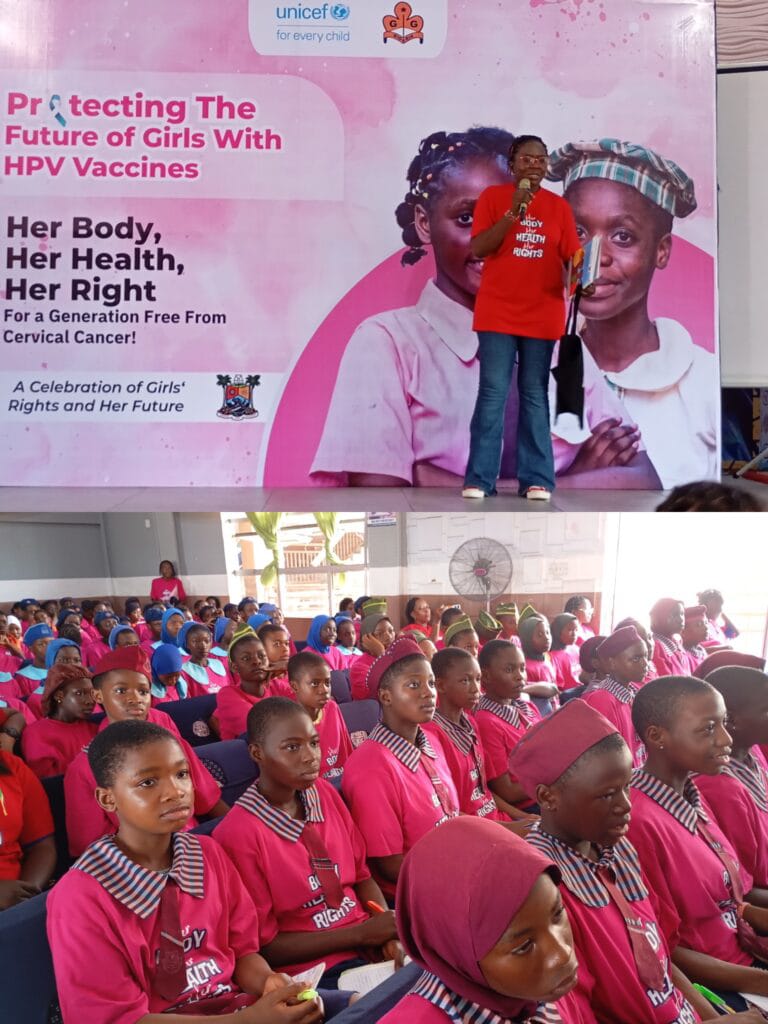

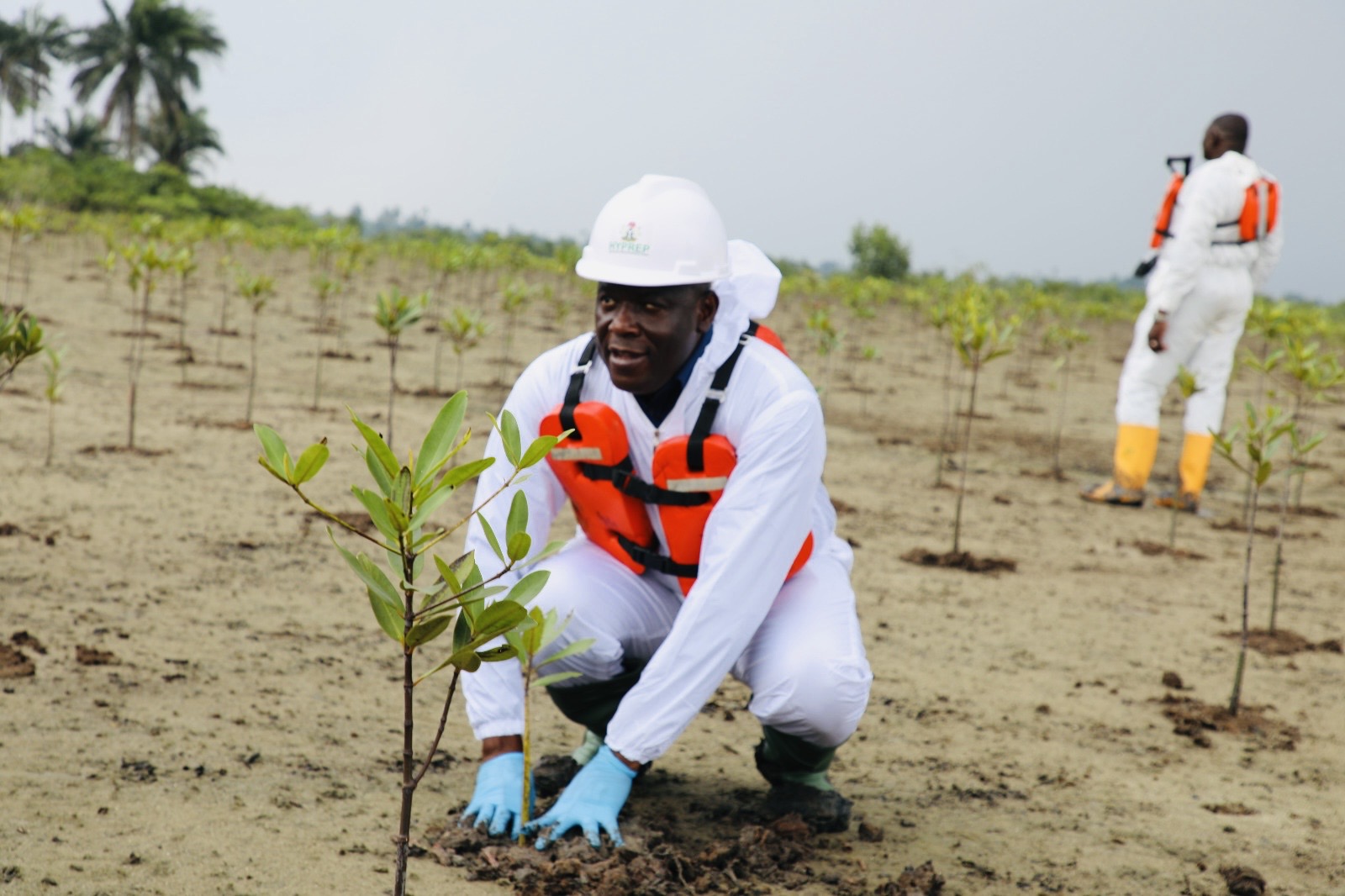
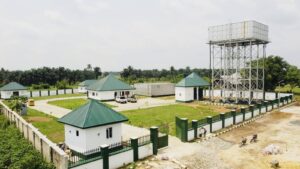 According to official HYPREP data, more than 30 communities now benefit from potable water, reducing the incidence of cholera, diarrhoea, and other waterborne diseases.
According to official HYPREP data, more than 30 communities now benefit from potable water, reducing the incidence of cholera, diarrhoea, and other waterborne diseases.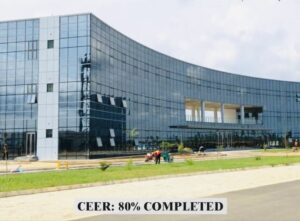 In Wiiyaakara, Khana LGA, and Nsisionke Ogale in Eleme, the newly established Centre of Excellence for Environmental Restoration (CEER) is emerging as a knowledge hub.
In Wiiyaakara, Khana LGA, and Nsisionke Ogale in Eleme, the newly established Centre of Excellence for Environmental Restoration (CEER) is emerging as a knowledge hub. 